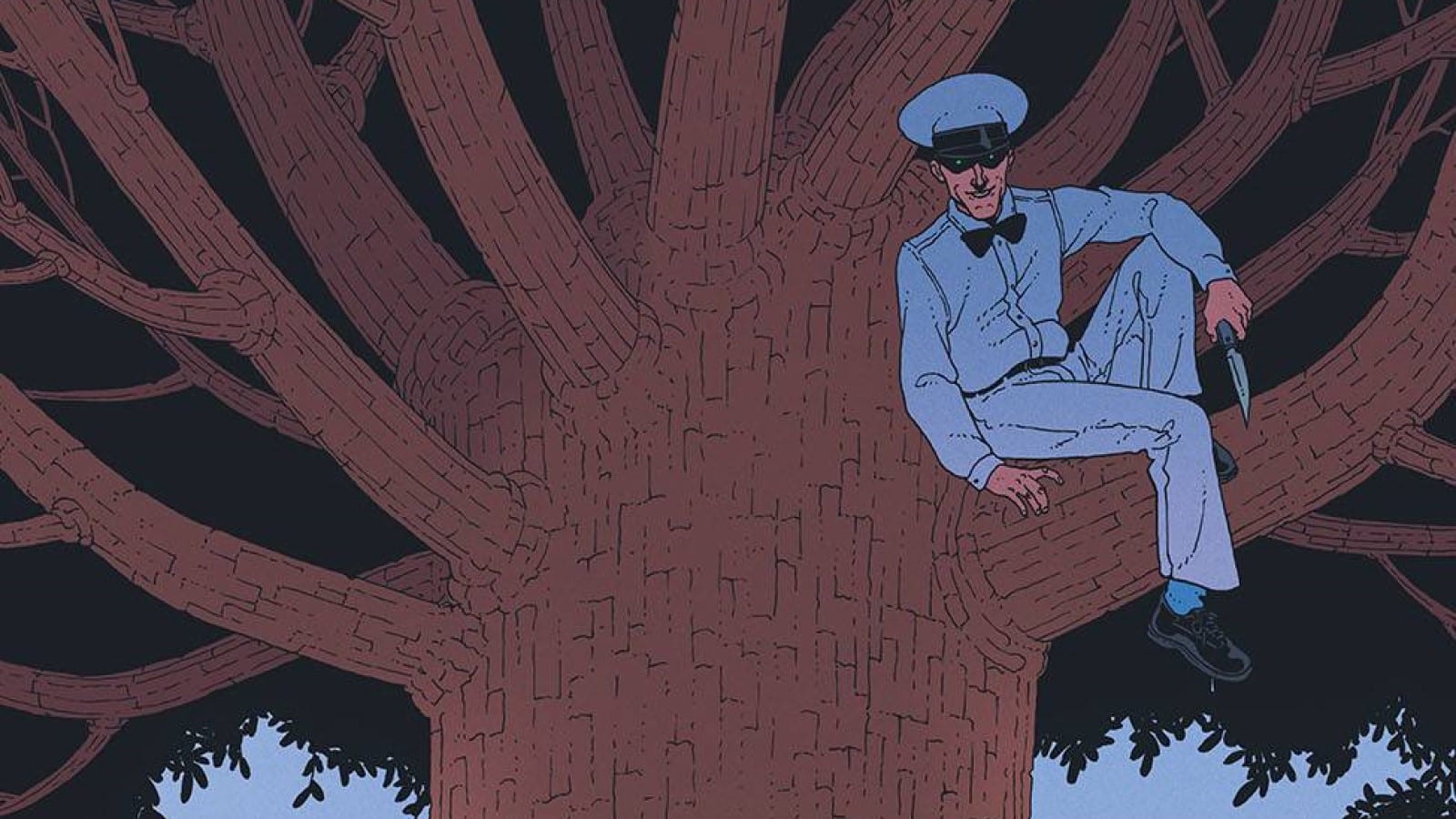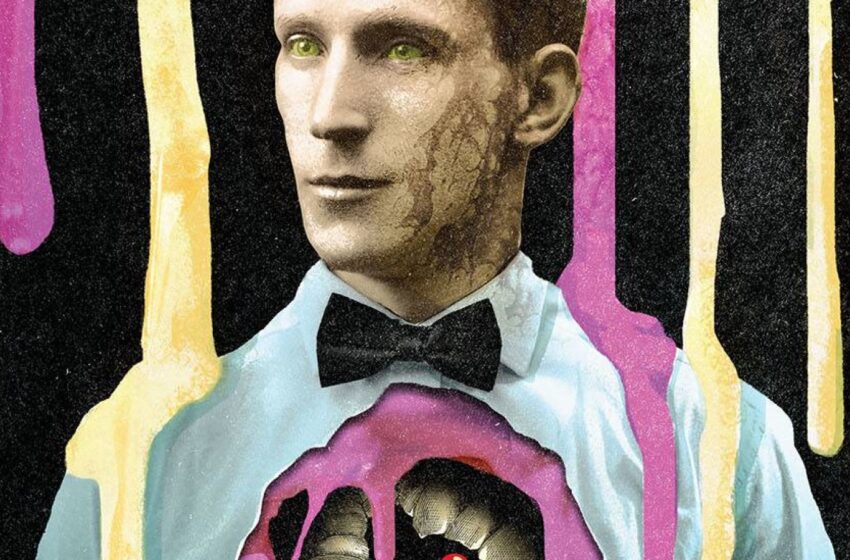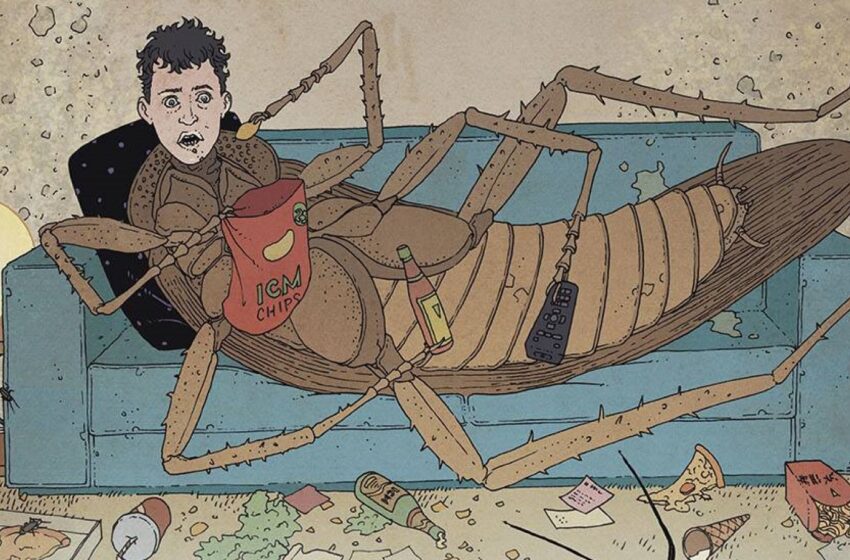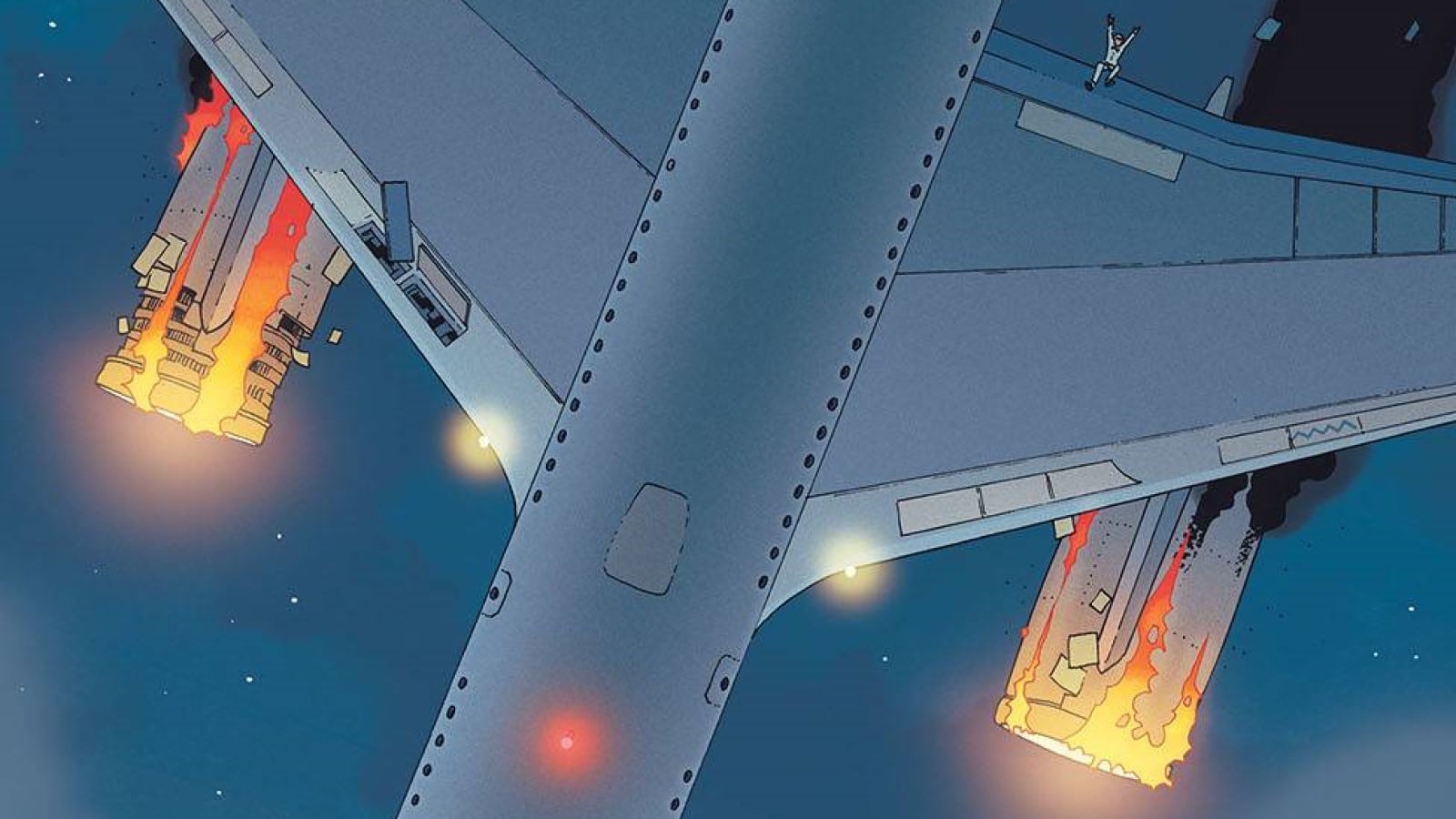Are you brave enough to climb down the twisting, gnarled trunk of your family tree? And honest enough to accept whatever you find? Discover those internal truths and more in Ice Cream Man #26, written by W. Maxwell Prince, drawn by Martin Morazzo, colored by Chris O’Halloran and lettered by Good Old Neon.
Will Nevin: Ari, what do you think of genealogy? Like, as a hobby? I’ll be honest — I could never get into it.
Ari Bard: It’s always been one of those things that I’d be happy to learn but was never very important to me. It’s always interesting to know more about where you come from, your lineage and your family’s history, but I have no belief that it has much of an effect on who I am. I am more fascinated by the anthropological and historical information as a whole than any of how it relates to me. Nevertheless, I understand why for some people, it can be very important.
Will: I’m not a (real) doctor, but genealogy can be important when deciding whether to have early screenings for diseases such as breast and colorectal cancer and diabetes, according to the CDC. But, more importantly for our purposes here, to what extent does addiction run in families? Are you doomed to make the same mistakes as your ancestors? Those are some really interesting questions here.
Ari: Definitely. I think from a medical perspective, genealogy is definitely crucial, I was speaking more from a sociological, philosophical and archeological perspective. Nevertheless, Ice Cream Man #26 has a number of fascinating areas to explore. Let’s dive in!
The Form

Will: More than any other series, Ice Cream Man plays with what it means to be a mass-market Western comic book — from an issue without dialogue, to one that’s almost nothing but prose, to a story that can be read forward and backward. This particular deviation, an issue told in landscape format and flipped on the long edge, seems less drastic, but what did you think of it as a storytelling device?
Ari: This isn’t the first story that has asked us to rotate the comic 90 degrees, and it’s definitely a gimmick, but I thought the idea of climbing down the family tree was a neat one, and the way Morazzo laid out the panels and Good Old Neon placed the captions almost as leaves and branches at times heightened the symbolic meaning of the family tree idea. It was an intentional choice as part of an overall experience that really worked for me.
Will: It’s interesting that we only spent so much time climbing down the tree; I guess if you linger for five or six generations, you run the risk of boring the hell out of your readers — because a family tree is only interesting if it’s your own and even then it’s not the most compelling stuff. But after we get down in the roots, we shift to a more traditional comic, albeit in landscape form. What did you think of that change?
Ari: I think the comic actually added a lot once it went underground and started to ponder the future. It was more traditional in some ways while still continuing to take advantage of the rotated dimensions and the tree theme with the roots and branches as gutters. Continuing to grow further unto parts of the tree unseen to represent the future added the imagery the creative team tried to create throughout the book.
The Family

Will: Just like ICM’s persistent structural tinkering and innovative approaches, the series also hits similar themes consistently — we see here anxiety, generational disappointments, the fear of failure. This also isn’t the first issue to highlight substance abuse. Thematically, at least, this reads like a “greatest hits” piece.
Ari: It does. I think it wraps all of those themes you mentioned to nicely sum up all of our worries when it comes to the question: Why are we the way we are? What’s crazy though is that the issue doesn’t stop there, it goes even further by investigating how who we are could affect who our children will be, and even though I’m nowhere close to being a parent, Michael Arvek’s fear was palpable.
Will: Jesus, I couldn’t imagine trying to raise a child, me thinking the whole time that I could quite possibly fuck ‘em up for life. Nah, too much pressure there. And while I joke, Michael’s fears come off as genuine and earned here; we’ve seen how bad the three previous generations were, and he’s open with his own substance abuse problems. What chances would his daughter have?
Ari: Exactly. It’s an extremely sobering look at Michael’s past, present and potential or real future depending on how you’re reading the issue. Substance abuse has shown up in his family for generations all in different ways, so there’s a looming sense that something terrible would happen to his daughter but no concrete idea of how it could actually manifest.
The Function

Will: In some of our chats around the office, you’ve said this was one of your favorite issues. Why did this click for you?
Ari: Ice Cream Man’s early issues always seemed to evoke horror from an extremely raw and insecure place. The anxieties felt so real. These more recent issues, I think, have mostly come from a sort of numbness to a lot of terrible things we’re seeing today that doesn’t hit as hard. Maybe the numbness is on my part or maybe it’s on the creators, but at some point the series seemed to transition from personal and intrusive fears over what could happen to a more observational book of terrible things around us that we’re already used to. Ice Cream Man #26 felt like it returned to the former state for me, and it felt like one of Prince’s most personal stories in a long time.
Will: I’ll agree with you on that point — this did feel pretty personal, much in the way that #11 (the nightmare trip through reality television) felt personal. There’s so much anxiety, so much fear, so much reality.
Ari: Definitely, and I think the slightly hopeful conclusion made it all the more real. We can always choose to start on the path to recovery and improvement and that we’re all just people trying our best. It’s not overly cheesy or optimistic, nor is it overly clichéd, it’s just facing reality for what it is and continuing to try your best. It’s a marvelous single issue.
Sticky Sweet Treats
- It wouldn’t be Ice Cream Man without references to other issues, now would it? Issue #3’s “Rock All the Time” makes another appearance, and this story is probably a direct follow-up to #18. There are other nods that Will is probably forgetting.






